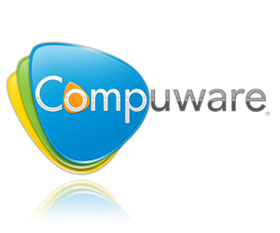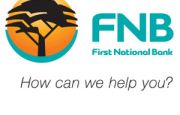Vodacom to boost ICT in education
 Vodacom has introduced its Mobile Education Programme, which makes use of mobile technology to provide teachers throughout SA with access to quality instruction resources and ICT.
Vodacom has introduced its Mobile Education Programme, which makes use of mobile technology to provide teachers throughout SA with access to quality instruction resources and ICT.
The initiative is a nationwide teacher development programme aimed at improving the quality of instruction in all subjects, especially mathematics and physical science.
The Vodacom Mobile Education Programme is rolled out in partnership with the Department of Basic Education (DBE), Microsoft, Cisco and Mindset Learn.
The programme has two objectives: one is to use mobile technology to help the DBE meet its objective of ensuring that a significant number of learners have exposure to ICTs. The second is to upgrade the quality of instruction by ensuring that teachers throughout the country, both rural and urban, have access to the highest quality teaching resources.
Vodacom and the department have also created nine ICT Resource Centres, one in every province, each serving up to 200 schools. The centres serve as the district teacher-training hub and are outfitted with computer classrooms with 50 terminals and an Internet Café.
“This initiative is the first of its kind in the ICT environment. It has the support of my Department and the nine provincial education Departments and I am sure it will go a long way in addressing the ICT challenges we have in education,” says minister of Basic Education, Angie Motshekga.
The ICT Resource Centres are connected through Virtual Private Network (VPN) to Vodacom’s head office in Midrand. This connection serves as a pipeline of information, connecting the centres, participating schools and teachers to the Internet and to valuable teacher training resources.
Training will focus on ICT literacy, as well as the effective use and integration of digital content in the classroom. To support this training, educators are provided with the necessary ICT infrastructure and tools.
“This launch is perhaps one of the most important initiatives that we have introduced. It involves a significant investment in our youth, who are the future of our country, and is a critical component of our commitment to using mobiles for good. Through this initiative, teachers will now be able to use cloud computing to access vital content, teacher-aids and resources to help deliver quality education,” says Vodacom CEO, Pieter Uys.
Microsoft will be supplying its Partners in Learning teacher professional development curriculum software and Microsoft certification for teachers and the public. Cisco is providing Computer Technician certification and Entrepreneurship training through its Cisco Networking Academy programme and Mindset Learn has made the South African educational curriculum content available throughout the programme.
Vodacom has, over the past decade, invested more than R660 million in education, health and security.
Vodacom also supports public schools through its Vodacom Millionaires programme, which gives four public schools a fully-equipped computer centre every month. In addition to this, 2 400 principals in Gauteng have been connected wirelessly to the Department of Education, and each other, with a reporting management application that is run on BlackBerry.
Vodacom also developed a device called the WebBox through its holding company, Vodafone. The device has been designed for emerging markets, where technology and cost barriers often exclude many from accessing affordable Internet access. The WebBox is essentially a keyboard with built-in modem and memory card that simply plugs into a television, turning it into a computer screen with Internet access.
In addition to the WebBox, Vodacom has also introduced an Internet connectivity device called the Vodafone Webbook, designed to provide affordable Internet access that can also be used in the education sector.
“We are absolutely committed to helping government improve on the quality of education in our schools. The Vodacom Mobile Education Programme is our most ambitious project, but it is also the most important. It not only levels the playing field for rural schools that often don’t have access to the same quality of teaching material that urban schools have, but it also ensures that schools, teachers, learners and communities have access to ICT and the Internet, and this is important to us because it mirrors our commitment to ensuring that Vodacom puts the power of the internet into everyone’s hands,” concludes Uys.




